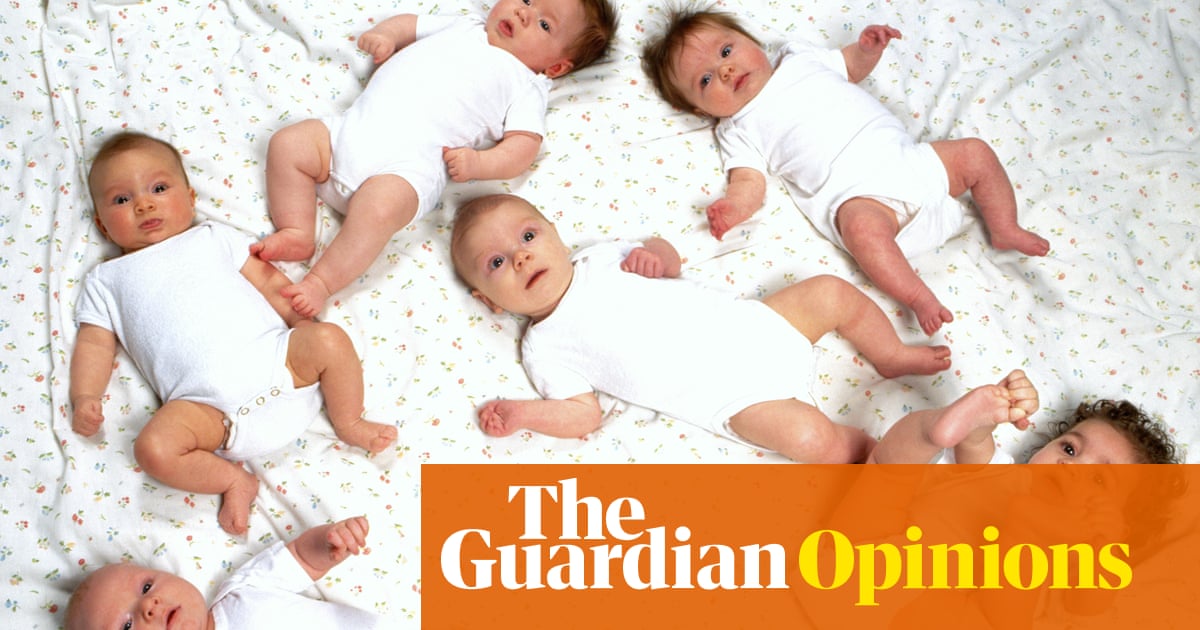
HRT used to be a dirty word. Now it’s a battle cry. Women will be gathering in Parliament Square in London later this month to support the menopause bill to demand free prescriptions for hormone replacement therapy in England. The bill could help thousands more women to access this life-changing treatment and will put the menopause under the microscope.
For years, a combination of medical sexism, hysterical reporting and outdated science has held women back from asking for the health care they need. HRT replenishes the oestrogen, progesterone (and sometimes testosterone) that women lose when having the menopause. As a result of previous misleading reports linking the treatment to a risk of breast cancer and dementia, HRT has long been considered controversial.
Last week, however, a BMJ paper studying more than 100,000 HRT users over two decades in the UK found that there was no overall association between hormone replacement and an increased risk of developing dementia. Meanwhile, the science lumping the many different types of HRT together in one “causes-breast-cancer” basket is being questioned by menopause experts.
I speak from the battlefield, having taken a plant-based, body-identical HRT myself for five years that I’ve struggled to get prescribed on the NHS. This newer body-identical HRT, which has the same molecular structure as our own hormones, is much safer than the older, synthetic HRT pills.
Before I took HRT, I was a hot mess of flushes, memory loss and fluctuating anxiety. Now, I cruise along like a steady, hormone-powered Tesla. I intend to stay on this HRT for life, not just for short-term symptoms, but for its proven long-term health benefits, which include preventing osteoporosis, dementia and heart disease.
Why wasn’t I told about any of the long-term advantages of HRT by my GP? Why wasn’t discussing the menopause as ordinary as discussing puberty or periods? In part, the answer is ignorance. It’s only been a year since the menopause was included on the school relationships and sex education curriculum, after a #MakeMenopauseMatter campaign. Until then, pupils were taught in biology about periods starting, but given no clue that they end, on average, at the age 51 – though perhaps kids noticed granny wasn’t asking for a box of Tampax along with her Horlicks and Murray Mints.
Until recently, many women – myself included – helped maintain a silence around their experiences of the menopause. This was partly due to a fear of ageism, of losing our jobs and status if we admitted to the brain fog and flushes we experienced. But now we have MPs like Labour’s ebullient and unstoppable Carolyn Harris, who is pushing the second reading of her menopause bill through parliament later this month. Aside from making HRT free in England (it’s already free in Scotland and Wales), the bill will also cover broader issues around menopause rights and education, particularly in the workplace. Or as Harris puts it: “It’s the menopause revolution!”
A sexist, ageist culture has kept the menopause – and the stigma associated with it – hidden for decades. In a TUC survey of 4,000 women, 85% said the menopause affected their working life. Many women have lost their health, jobs, relationships and even their lives at the time of their menopause, when rates of suicide peak.
But there are also many questions to be asked of the scientific and medical community about the rollercoaster of health scares around HRT that has damaged its reputation and generated shocking headlines. Most infamously, the 2002 Women’s Health Initiative (WHI), an American study of more than 16,000 women, reported that breast cancer rates rose in HRT users. As a result, millions of women threw away their treatment. It was only years afterwards that the WHI study was discredited, revealing that the average age of women on the study was post-menopausal, at 63, many were smokers, and that most were overweight, all key factors in increasing breast cancer rates. The study was also of the older synthetic HRT pills, which carry greater risks than the new body-identical HRT now available through the NHS.
Still, those headlines stuck with many people, including me. I avoided HRT until my symptoms made it impossible to function without it. After my own health chaos, I began some investigative journalism, producing the Davina McCall: Sex. Myths and the Menopause documentary in which we debunked the WHI report findings for ordinary women using a pink and white ball-pit at a cocktail bar in Shoreditch.
Studies around HRT and its supposed link with dementia are being re-evaluated. An investigation led by statistician Yana Vinogradova at Nottingham University is intended to clarify previously inconsistent findings around this link, and should “reassure women in need of menopausal hormonal therapy”. Interestingly, the study also showed that women using oestrogen-only HRT (usually post-hysterectomy) for more than 10 years were seen to have a 15% reduction in dementia.
In particular, the body-identical HRT - now most favoured by NHS and menopause specialists – shows positive effects on preventing age-related deterioration of the brain after hormones drain away. This is where the HRT story starts to get truly promising. It’s time we looked at HRT through new eyes, perhaps alongside the transgender community who are doing similar work on hormones, and realise that the positives far outweigh the negatives for people who want to take HRT. It’s World Menopause Day on 18 October: time for a scientific and social rethink.
Kate Muir is a writer and film-maker. Her new book Everything You Need to Know About the Menopause (but were too afraid to ask) is out in January












